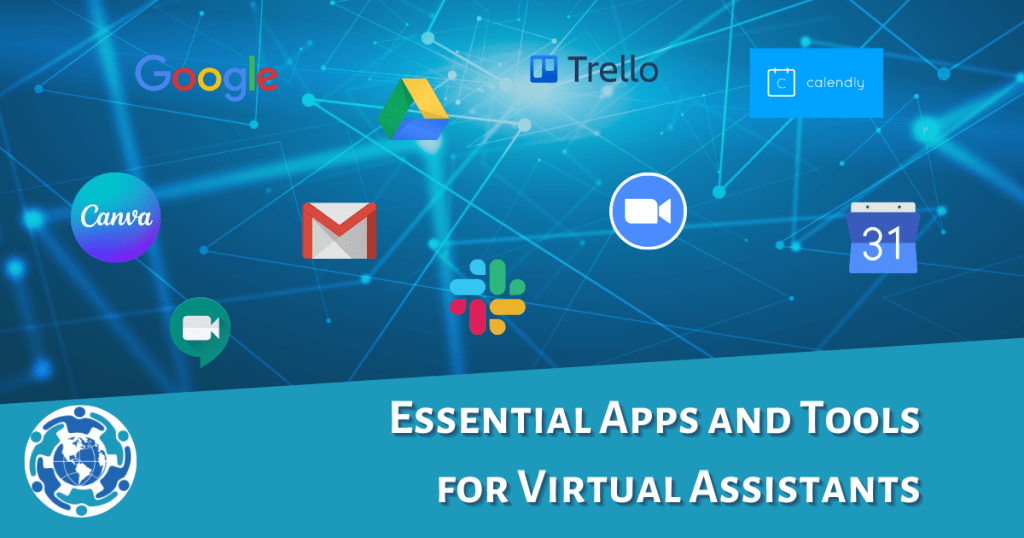Introduction:
Are you a business owner looking to expand your team with remote talent? Whether you’re aiming to scale your operations, enhance your core expertise, or achieve a better work-life balance, this guide is tailored to your unique needs.
As a business owner, you understand the importance of having a team that aligns with your vision and values your contributions. You may have encountered challenges in finding the right talent to support your business goals, particularly when it comes to hiring remote team members. However, with the right guidance and support, integrating remote talent into your team can be a seamless and rewarding experience.
Here, we’ll provide you with essential insights to navigate the process effectively, focusing on the six ways to hire remote talent and discover which approach best suits your business needs and goals.
6 Ways to Hire Remote Talent:
When it comes to hiring remote talent, you have several options at your disposal. Each approach has its advantages, risks, and ideal circumstances.
1. Freelance Marketplaces
- Channels: Platforms like Upwork, Freelancer, and Fiverr.
- Advantages: Access to a vast pool of freelancers, diverse skill sets, and competitive pricing.
- Risks: Quality and reliability may vary, and potential language barriers.
- Best for: Short-term projects, one-time tasks, or when you need specialized skills on demand.
- Example: You’re a small business owner in Singapore who needs occasional graphic design work for your social media campaigns. You visit platforms like Upwork and Fiverr to hire freelance graphic designers for specific projects.
2. Remote Job Boards
- Channels: Websites like We Work Remotely, FlexJobs, and Remote.co.
- Advantages: Dedicated to remote job listings, pre-screened candidates, and various job categories.
- Risks: Smaller candidate pool for specialized roles, competition with other employers.
- Best for: Hiring full-time remote employees or specialized professionals.
- Example: You run an e-commerce store based in Australia and are expanding your customer service team to provide 24/7 support. You post job listings on websites like We Work Remotely and Remote.co to find experienced customer service representatives who can work remotely.
3. Talent Agencies
- Channels: Agencies specializing in remote talent recruitment.
- Advantages: Expertise in matching candidates to your needs, reduced hiring workload.
- Risks: Higher fees or commissions, and limited control over the hiring process.
- Best for: Companies seeking long-term remote employees and those who prefer a hands-off approach.
- Example: Your digital marketing agency in Singapore is growing rapidly, and you need to hire a team of content writers to meet the increasing demand from clients. You engage with a talent agency specializing in remote content creators to find skilled writers who align with your agency’s values and culture.
4. Referrals and Networking
- Channels: Your professional network, industry events, and social media.
- Advantages: Trustworthy referrals, potential cost savings, and cultural alignment.
- Risks: Limited pool, time-consuming, and potential bias in referrals.
- Best for: Finding candidates who align with your company’s values and culture.
- Example: You’re a female entrepreneur in Australia who runs a successful online coaching business. You reach out to your professional network and attend industry events to find recommendations for virtual assistants who can help with administrative tasks and client management.
5. Remote Internships and Apprenticeships
- Channels: University partnerships, internship platforms, and educational institutions.
- Advantages: Fresh talent, potential for long-term hires, and cost-effective solutions.
- Risks: Training investment, less experienced candidates.
- Best for: Businesses looking to nurture talent and invest in future team members.
- Example: Your technology startup in Singapore is looking to hire software developers for a long-term project. You partner with local universities and internship platforms to offer remote internships to computer science students, providing them with hands-on experience while working on your project.
6. Outsourcing Companies
- Channels: Established outsourcing firms offering remote services.
- Advantages: Access to specialized teams, scalability, and reduced administrative burden.
- Risks: Higher initial cost, potential cultural differences.
- Best for: Businesses seeking comprehensive solutions and teams for specific projects or functions.
- Example: You’re the CEO of a manufacturing company in Australia, and you’re planning to digitize your production process by implementing a new ERP system. You engage with an established outsourcing firm specializing in remote IT services to build a dedicated team of developers and project managers for the ERP implementation.
These various ways to hire remote talent offer flexibility and can cater to your specific needs. Consider your project scope, budget, and long-term goals when choosing the most suitable approach.
In conclusion, building a remote team can be a strategic move for your business growth and flexibility. With the right approach and the support of a reputable agency like hitchVA, you can navigate the process of ethical outsourcing with confidence. Embrace the opportunities that remote talent offers and unlock new possibilities for your business success.


































































